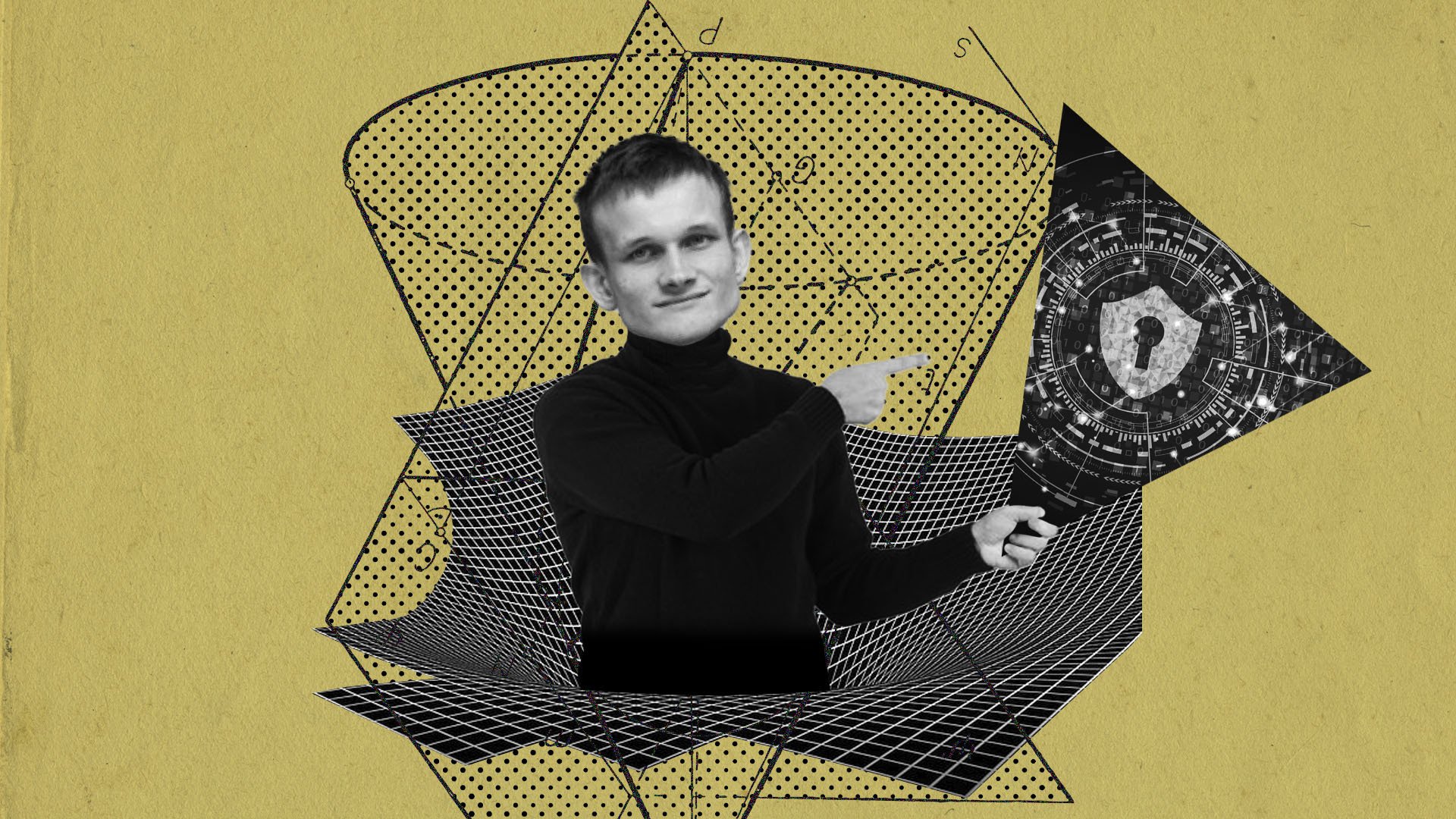
Blockchain technology has redefined our interaction with our society, whether it’s from an economic, civic, or social aspect. We have become dependent on technology in our day-to-day activities.
Still, technology is flawed as it allows influential actors to attain an advantage over our data. Cambridge Analytica is the model example of how technological democratization is beneficial for those who strive for power. It also reveals that technology has failed us.
Blockchain was meant to be a safeguard of democracy in the digital era. The tamper-proof security of blockchain generated a search to create a digitized voting mechanism.
Sponsored
As the pandemic restricted movement and interaction between people, start-ups have begun developing online tools for strengthening democracy through online voting. In his recent research paper, Vitalik Buterin argues and refutes current issues surrounding blockchain voting.
Digital Voting – Vitalik’s View
Blockchain usage in online voting efforts has raised concerns about the vulnerability of blockchain-based voting. Specifically, cybersecurity researchers at MIT have demonstrated the vulnerabilities in several blockchain voting protocols.
The paper argues that “blockchain would greatly increase the risk of undetectable, nation-scale election failures,” particularly singling towards the blockchain-based start-up, Voatz and its security vulnerabilities.
Sponsored
Vitalik’s reasoning for using blockchain incorporates two distinct flaws in the current system. While he is not disputing existing research on the limitation of blockchain voting due to security issues, he proposes remodeling the existing voting compacts.
Furthermore, he argues that the way forward is “not to abandon blockchains, but to combine them with other cryptographic technologies,” meaning blockchain has limited capabilities to provide privacy features for voters.
Additionally, he argues that security concerns are dependent on software and hardware security. To that end, Vitalik argues computer security is improving on the hardware level, which is paramount to conducting secure voting.
Blockchain voting is overrated among uninformed people but underrated among informed people:https://t.co/hLFJuwlT73
— vitalik.eth (@VitalikButerin) May 25, 2021
Extra Layer Of Cybersecurity
According to Vitalik, blockchain’s capability of a permissionless consensus mechanism (such as PoW or PoS) ensures verifiability preventing data collusion. However, he admits that adding encryption to the voting process guarantees both correction and coercion resistance, which is inexistent in existing blockchain voting alternatives.
Vitalik agrees that for voting to be secure in all parts of the process, it requires a technological addition which is currently lacking in blockchains.
Thus, privacy should be ensured throughout the process, and the ability to prove how one voted should not be possible “even if you want to.”
In the current state of digital voting, existing blockchains fail to provide vote selling. MIT researchers argued that only paper ballots have the capability to “directly verify their ballot accurately,” however, in a tweet, Vitalik highlighted that 27% of ballots failed to be delivered.
The Ethereum ecosystem is experimenting with the MACI system, which integrates “blockchain, ZK-SNARKs and a single central actor that guarantees coercion resistance,” which, according to Vitalik, reinforces coercion resistance by allowing users to interact with the system multiple times while still maintaining data encryption.
The technical challenges with making a secure cryptographic voting system are significant (and often underestimated), but IMO this is directionally 100% correct. https://t.co/J0qHiN2bbk
— vitalik.eth (@VitalikButerin) November 5, 2020
On the Flipside
- Blockchain-only voting creates separation between those that have access to technology and those that don’t.
- The desire for power will push bad actors to continue to find loopholes in the system, which could be promoted as safe and secure.
- Blockchain requires an “addition” in order to provide a solution for voting protocols and security threats.
Striving for Success
MIT research highlights that digital voting is hard to secure. They stress the fact that software and hardware is susceptible to bad actors that can compromise voter’s devices.
Still, Vitalik has argued that while technology might still be flawed, zero-knowledge proofs can mitigate those risks by accounting for verifiability.
In the past several years, technological security has evolved. While hacks are still an occurrence, they’ve been highly mitigated to the extent that they are becoming less frequent. Vitalik points to the fact that our everyday devices will be less susceptible to hacks.
Although cryptocurrency hardware wallets have a reputation for breaking, they strive to increase their holdings’ security. Additionally, heightened hardware security can be a catalyst for creating a secure digital environment for voting to take place.
While arguments for and against blockchain voting are being taken into consideration, it requires further development of both software and hardware for it to be acknowledged as safe. With voting becoming digitized, Vitalik argues that it will give a new dynamic to voting, which can occur more often.
As history indicates, there are large incentives for technology to become better in the following years.
